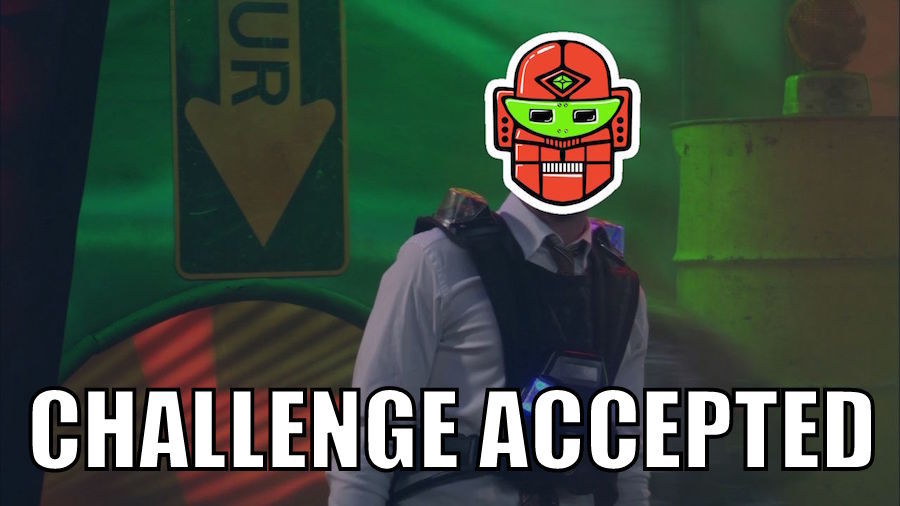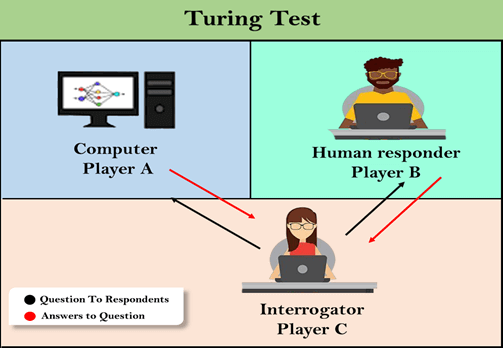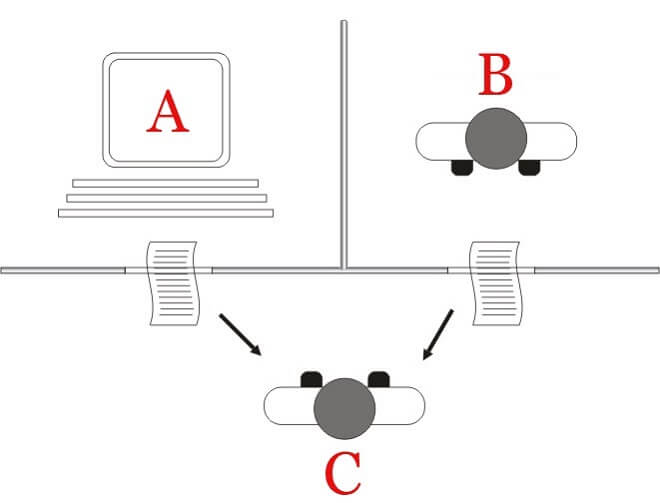
Murray Shanahan, a professor of cognitive robotics at Imperial College London, told the technology website Buzzfeed that he thinks the program still falls short. Some critics, however, disagree that Eugene passed "the" Turing test.

The team had been working to develop "Eugene" since 2001. "We spent a lot of time developing a character with a believable personality."

"Our main idea was that he can claim that he knows anything, but his age also makes it perfectly reasonable that he doesn't know everything," said Veselov in a statement. Veselov acknowledged that Eugene Goostman's supposed age was part of his team's strategy. Five other computers competed alongside Eugene Goostman, but none of the others passed the test. The University of Reading noted that other computers have passed similar tests in the past, but none with the same rigorous rules. Each chat took five minutes, and a chatbot could win by convincing 30 per cent of judges that it was human.Įugene Goostman convinced 10 of the 30 judges - 33 per cent - that it was a real boy.

The University of Reading set its rules for the competition accordingly. Turing predicted in a 1950 paper that within 50 years, computers would play the game so well that an "average interrogator will not have more than 70 per cent chance of making the right identification after five minutes of questioning." The Turing test is based on a question and answer game proposed by renowned British mathematician and codebreaker Alan Turing, who died exactly 60 years ago Sunday, to distinguish humans from computers.

The achievement is a "historic milestone in artificial intelligence," added the university, which co-organized the event in London where the test took place, along with RoboLaw, an European organization that researches the regulation of emerging robotic technologies. Chat with an earlier version of Eugene Goostman.The program, created by Vladimir Veselov and Eugene Demchenko at U.S.-based Princeton Artificial Intelligence, convinced more than 30 per cent of its conversation partners and judges that it was human in an independently verified Turing test consisting of 30 simultaneous, unrestricted conversations. On Sunday, Eugene Goostman, a "chatbot" software program designed to talk like a 13-year-old boy, became the first to pass the test, the university said in a news release. A computer has passed the Turing test, an artificial intelligence measure of human-like capability devised more than half a century ago, the University of Reading has announced.


 0 kommentar(er)
0 kommentar(er)
